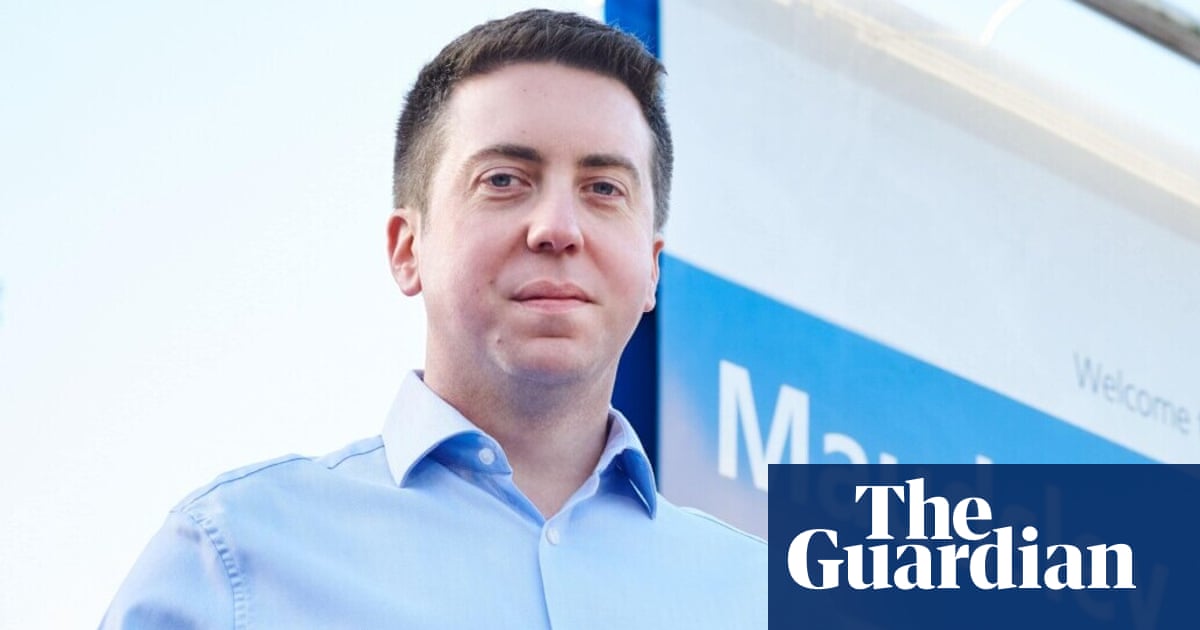
Keir Starmer’s inaugural gathering of the council of nations and regions, intended to reset relationships and boost growth in every part of the UK, risks being overshadowed by the absence of his new envoy Sue Gray.
The summit follows a Labour manifesto promise to restructure government by bringing the leaders of Scotland, Wales and Northern Ireland together with regional mayors in England. Starmer will convene it without Gray by his side.
His former chief of staff was handed the role with responsibility for the nations and regions last weekend after she was sidelined following an internal power struggle in No 10.
She had been expected to attend the summit in Scotland on Friday but a No 10 source said that she was taking a break between roles.
There remains uncertainty around whether Gray will, in fact, take on the new post amid concerns she may not have sufficient freedom to do it properly.
Gray’s non-appearance at the summit has puzzled officials in the Scottish government, who are concerned it may signal a lack of commitment from No 10 about genuinely rebalancing relationships between the UK and devolved governments.
“If she’s not here tomorrow, is she an envoy in exile?” said one source. “Is she going to be the envoy driving this forward or is this something that will never get a driver?”
Starmer is expected to hold a series of bilateral meetings before the summit with the Scottish first minister, John Swinney, the Welsh first minister, Eluned Morgan, and their counterparts in Northern Ireland, Michelle O’Neill and Emma Little-Pengelly.
The prime minister said: “It is when we work together in the spirit of genuine partnership that we can deliver the real change people want to see and improve opportunities for all.”
There is growing irritation in the devolved administrations about the lack of concrete progress on policy and at some of the decisions the UK government ministers have taken, including the cancellation of the Casement Park stadium refurbishment in Belfast and the lack of clear action on the closure of Grangemouth oil refinery near Falkirk.
Gray is understood to have the backing in her new role of the deputy prime minister, Angela Rayner, the devolved governments and Labour’s regional mayors, who all credited her with improving relations with Starmer’s office and Whitehall when the new government came to power.
She said in a statement last Sunday that she had accepted a role as the prime minister’s envoy for nations and regions after intense speculation about her position in government became a “distraction”. She was replaced as chief of staff by Morgan McSweeney, Starmer’s most senior political aide.
“In recent weeks it has become clear to me that intense commentary around my position risked becoming a distraction to the government’s vital work of change,” she said. “It is for that reason I have chosen to stand aside.”
Swinney said he would press Starmer to release more money for public services and investment, and to tackle poverty – a signal he plans to challenge him to reverse the cuts to winter fuel payments for pensioners.
“We know the acute pressures facing public finances and the need to grow the economy,” the Scottish first minister said. “Friday’s meeting should be an opportunity to speak frankly about the big issues facing Scotland – and the UK – and to discuss the action required to deliver meaningful change.”
The decision to host this summit within the first 100 days of the Labour government was welcomed, said one source, particularly after years of division with the previous Conservative governments, but there was disappointment that the event seemed rushed.
There is no announcement expected on how government and constitutional relations between the UK’s administrations will be restructured, in line with Starmer’s pledges after Gordon Brown’s review on the UK’s governance was published inn 2022.
“Where’s the meat? Why hasn’t there been a piece of work thinking through this,” said one source. “We could be signing up to something; new structures for the UK … where are the products and the outputs?”
Another said the arrangements for the summit had been “chaotic”, with No 10 officials attempting to set up an event involving multiple governments and regional authorities in a matter of weeks rather than the months normally needed.
Mistakes were being made about which civil servants or ministerial aides were needed, and how to choreograph all the meetings Starmer hopes to hold in the space of a few hours, the source said.
The council will discuss boosting growth and increasing investment in the UK, including through an industrial strategy and the government’s global investment summit that takes place on Monday.
The leaders of the world’s biggest green energy companies, who are meeting Starmer on Friday, have promised more than £24bn of new private investment.
Starmer said the tidal wave of private sector spending was “a huge vote of confidence” in the government’s “relentless focus to drive growth across the UK”, which would create thousands of jobs in the UK’s nations and regions.
“Whether you’re in Scotland, Wales, Northern Ireland or England – we are creating the conditions for businesses to thrive, and our international investment summit will be a springboard for every part of the UK to be an engine of innovation and investment,” he said.
The government is under pressure to show that it can fund its ambitious plans for economic growth, which includes the election manifesto pledge to create a zero-carbon electricity system by 2030.
It is expected to rely heavily on private sector investment to reach its clean energy target after slashing plans to spend £28bn a year on decarbonising Britain’s energy.







